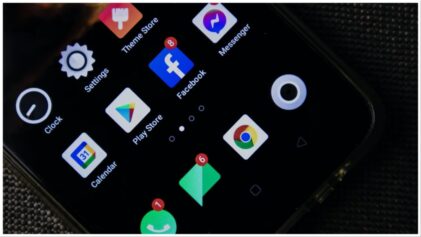Vodafone, the world’s second-largest mobile phone carrier behind China Mobile, revealed Friday that in six countries where it does business, the government requires direct access to the telecom’s network.
“In a small number of countries, the law dictates that specific agencies and authorities must have direct access to an operator’s network, bypassing any form of operational control over lawful interception on the part of the operator,” the report said.
Vodafone declined to name those specific countries for legal reasons but noted that nine countries worldwide — including three from the European Union — forbid disclosure of any information related to wiretapping interception, or surveillance under their own law. Those countries include Albania, Egypt, Hungary, India, Malta, Qatar, Romania, South Africa and Turkey.
The disclosure came as part of a 147-page transparency report from the United Kingdom-based telecommunications company, which provides services to 430 million customers across 27 countries.
Vodafone also noted ominously that “several countries empower agencies and authorities to require the disclosure of the encryption ‘keys’ needed to decrypt data. Noncompliance is a criminal offence”
The London-based advocacy group Privacy International lambasted the types of agreements that allow for unfettered access to a carrier’s operations. “This is mass surveillance at its most severe, where government places demands against telcos for broad access to the data flowing through their wires, operating in secrecy, under unclear legal bases, without any accountability,” the group said in a statement.
source: wired.co.uk



